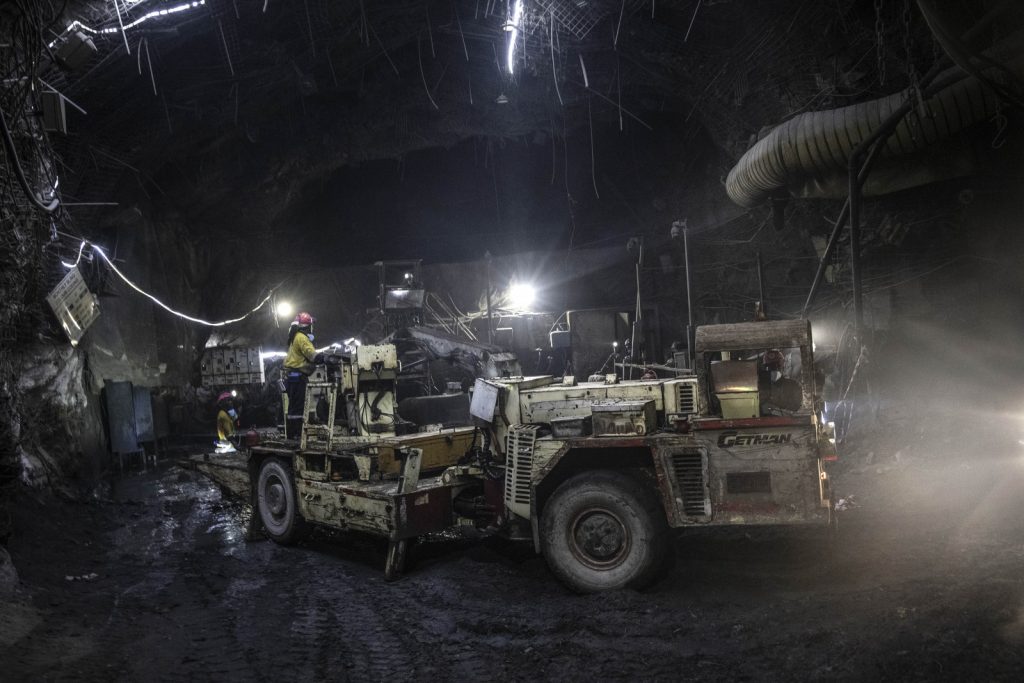The debate over controlling rare mineral resources is contentious, with significant implications for nations like Tanzania, rich in such resources. On one hand, there is a strong argument for national control and protectionism aimed at ensuring national security and economic independence. On the other hand, proponents of international collaboration and free-market policies argue for these resources’ equitable and efficient distribution.
Advocating for national control of rare minerals in Tanzania stems from a desire to safeguard national interests. Rare minerals are commodities and strategic assets integral to national security and economic sovereignty. Rare earth elements are 17 elements found naturally in the earth’s crust.
While relatively abundant, minable concentrations of these elements are less common than other ores. Their uses include direct technical applications and facilitation of production and refinement of products. Their importance and relevance have significantly increased recently as they have become essential inputs for standard high-technology products (e.g. cell phones, flat-screen TVs, electric cars, aeroplane turbines, etc.).
Rare earth elements are also crucial for producing advanced military weapons systems and hardware (e.g. night vision goggles, laser range-finders, etc.) By controlling these resources, Tanzania can leverage them to fuel domestic industrialization, create jobs, and stimulate economic growth.
This approach also prevents foreign exploitation and ensures that the benefits of these resources contribute directly to the nation’s development. Protectionism in this context is not about isolationism but about prudent management of resources. It involves implementing policies prioritizing local industries and economies and creating a value chain within the country. This can lead to the development of local expertise, technology transfer, and the growth of ancillary industries.
Read Tanzania Secures $1B Deals with Australia, US in Critical Minerals Push.
The Argument for International Collaboration and Free-Market Policies
Conversely, the argument favouring international collaboration and free-market policies in the context of rare mineral resources is anchored in the concept of global interdependence and the principles of efficient resource allocation. Rare minerals, crucial for various industries, are not uniformly distributed globally.
This geographical disparity necessitates a system where resources can be efficiently traded and utilized where they are most needed. By embracing free-market policies, countries can engage in international trade that ensures a more equitable and effective distribution of these scarce resources.
Free-market proponents assert that international competition leads to efficiency and innovation, driving down costs and fostering the development of new technologies. This perspective also argues that international collaboration can improve environmental and labour standards, as multinational companies often bring global best practices.
For Tanzania, finding the right balance is crucial. The country must protect its national interests while recognizing the benefits of engaging with the global economy. It is possible to establish a middle ground where national control is exercised with a view toward strategic international partnerships.
Such an approach can ensure that Tanzania reaps the benefits of its mineral wealth while contributing to and benefiting from global technological and economic advancements.
The debate over national versus international control of rare mineral resources is complex, particularly for a country like Tanzania. While the protectionist approach offers the allure of total power and economic independence, it risks isolation and technological stagnation.
On the other hand, international collaboration and free-market policies offer efficiency and global integration but can lead to over-dependence and loss of control. Tanzania’s challenge, therefore, lies in navigating this delicate balance, leveraging its resources for national development while remaining an active player in the global economy.


If we need to control our minerals resources,are we capable in terms of capital, technology as well as well skilled human resource!?